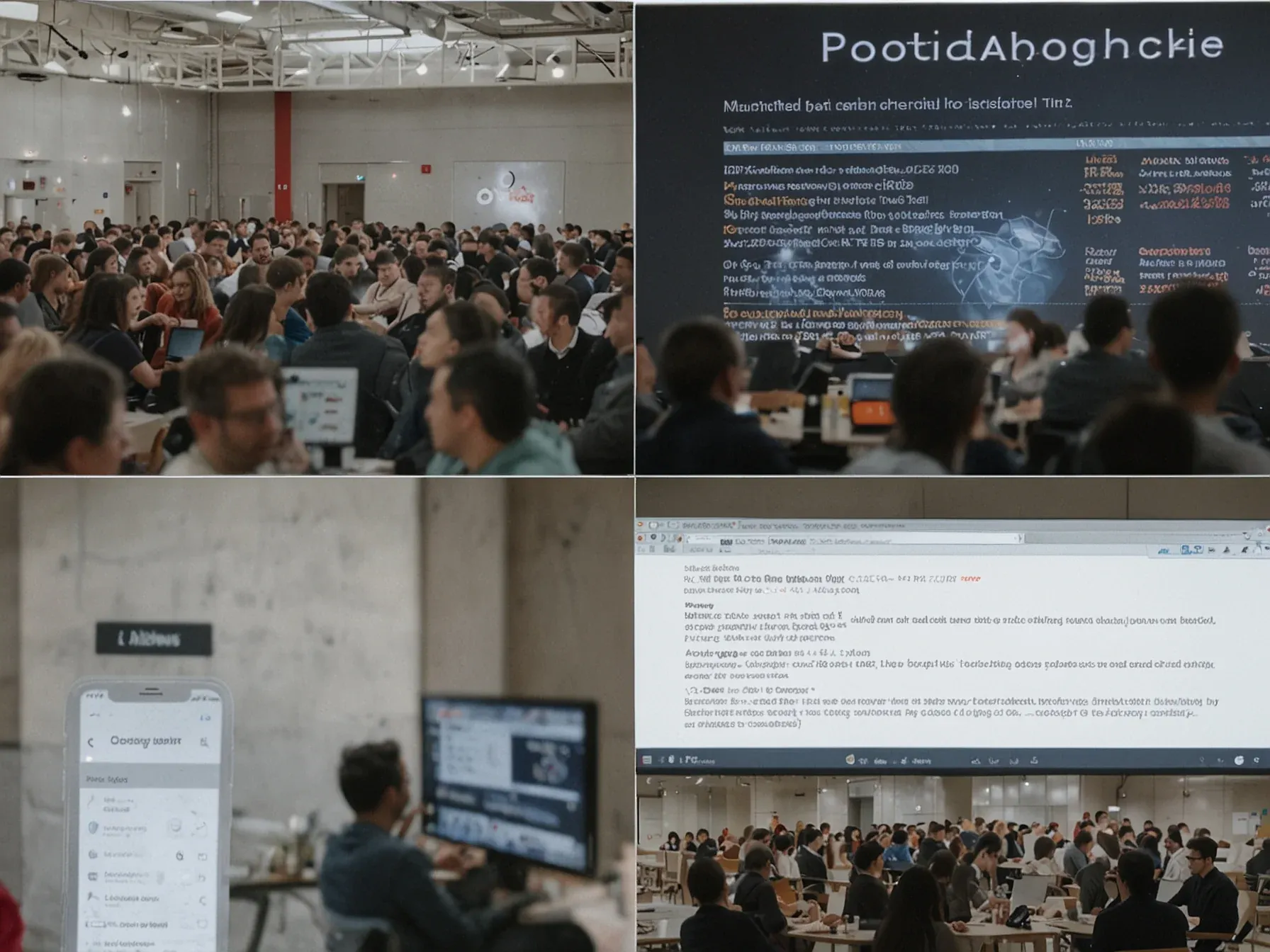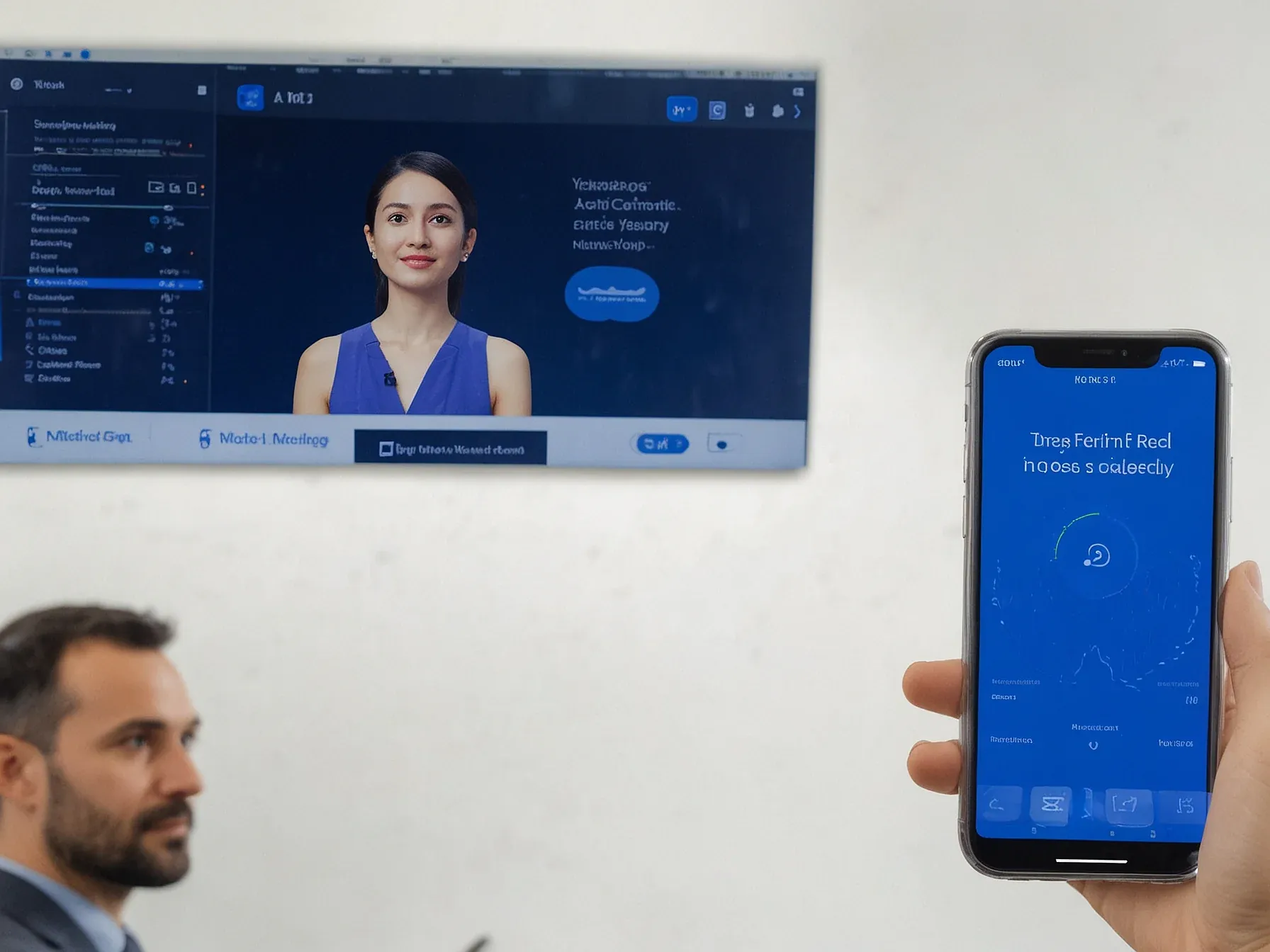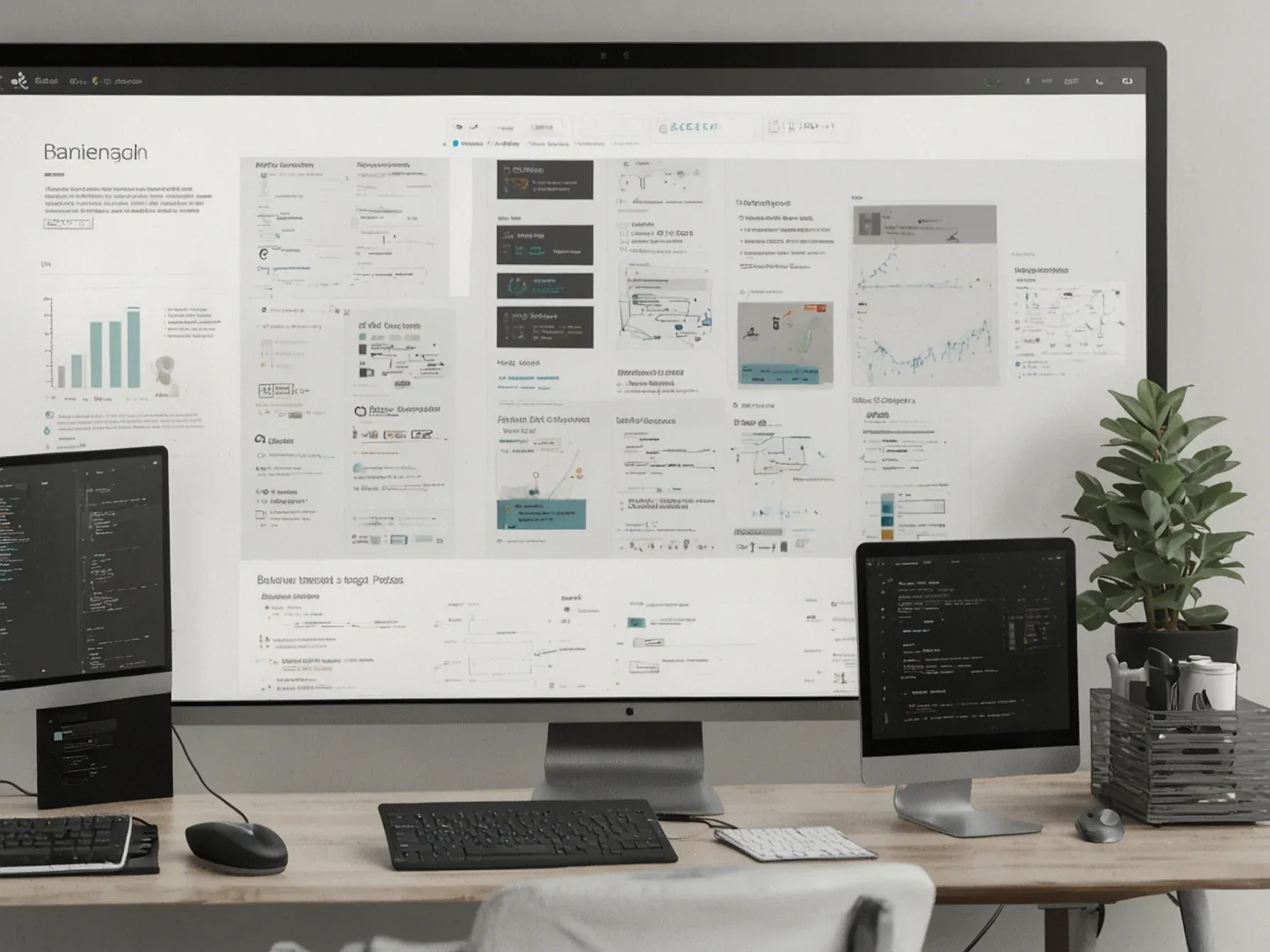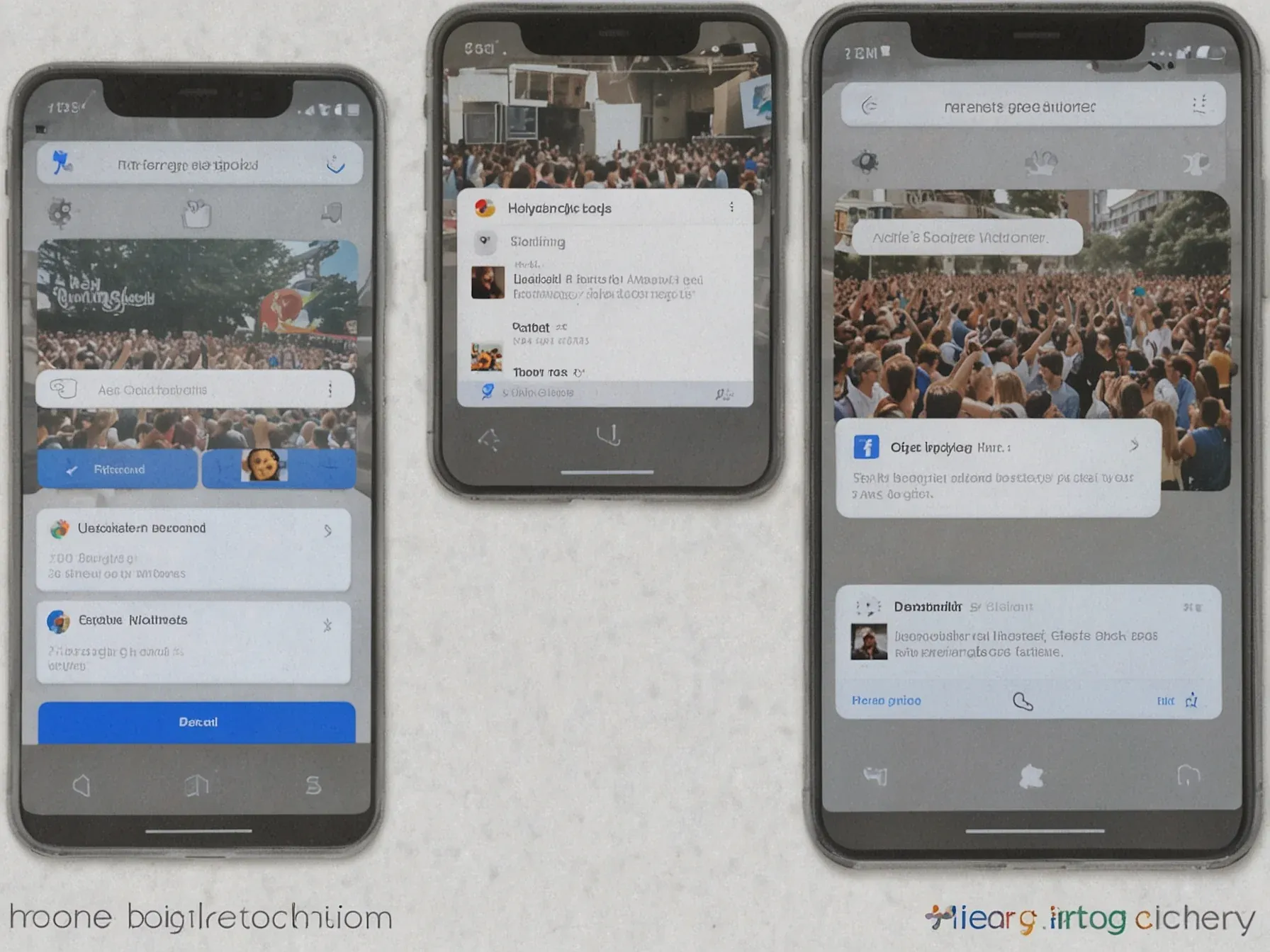
Editorial illustration for DoorDash Uses Deductive AI to Slash Debugging Time, Reclaims 1,000 Engineer Hours
DoorDash AI Cuts Debugging Time, Saves 1,000 Engineer Hours
Deductive AI cuts DoorDash debugging time, saving 1,000 engineer hours
Software development's most tedious task just got a high-tech makeover. DoorDash has deployed an ingenious AI solution that's dramatically slashing the time engineers spend hunting down code bugs, reclaiming a staggering 1,000 engineering hours in the process.
The problem isn't new. Developers have long wrestled with debugging, a notoriously time-consuming aspect of software creation. Research from the Association for Computing Machinery confirms the pain point: engineers typically spend between 35% to 50% of their work time validating and fixing software issues.
What's different now? Deductive AI is changing the game. By automating complex diagnostic processes, DoorDash has found a way to transform debugging from a manual, painstaking process into a simplified, intelligent workflow.
The implications are profound. As software systems grow more complex, traditional debugging methods become increasingly inadequate. And while AI creates its own intricate challenges, it's also emerging as the solution to untangling those very same technological knots.
"In many ways, we now need AI to help clean up the mess that AI itself is creating." The claim that engineers spend roughly half their time on debugging isn't hyperbole. The Association for Computing Machinery reports that developers spend 35% to 50% of their time validating and debugging software. More recently, Harness's State of Software Delivery 2025 report found that 67% of developers are spending more time debugging AI-generated code.
"We've seen world-class engineers spending half of their time debugging instead of building," said Rakesh Kothari, Deductive's co-founder and CEO. "And as vibe coding generates new code at a rate we've never seen, this problem is only going to get worse." How Deductive's AI agents actually investigate production failures Deductive's technical approach differs substantially from the AI features being added to existing observability platforms like Datadog or New Relic.
DoorDash's AI debugging solution reveals a critical shift in software engineering. The company has tackled a growing challenge: developers spend up to half their time debugging, with AI-generated code potentially amplifying complexity.
By deploying deductive AI, DoorDash reclaimed 1,000 engineer hours - a significant productivity boost. The irony isn't lost on their team: AI is now being used to clean up the very technological mess AI creates.
Recent industry reports validate the debugging dilemma. The Association for Computing Machinery confirms developers routinely spend 35% to 50% of work time validating code. Harness's research goes further, showing 67% of developers now spend more time debugging AI-generated software.
This isn't just a technical fix. It's a pragmatic response to increasing software complexity. DoorDash's approach suggests AI might be its own solution - using intelligent systems to simplify and simplify code development.
Still, questions remain. Can AI consistently reduce debugging time? Will this approach scale across different engineering environments? For now, DoorDash's experiment offers a promising glimpse into more efficient software development.
Further Reading
Common Questions Answered
How much engineering time did DoorDash reclaim through their AI debugging solution?
DoorDash successfully reclaimed 1,000 engineering hours by implementing their deductive AI debugging approach. This significant productivity boost addresses the critical challenge of time-consuming software debugging that engineers traditionally face.
What percentage of time do developers typically spend on debugging software?
According to the Association for Computing Machinery, developers spend between 35% to 50% of their time validating and debugging software. More recent research from Harness's State of Software Delivery 2025 report found that 67% of developers are now spending even more time debugging AI-generated code.
Why is AI being used to help debug code generated by AI?
As software complexity increases, AI is now being employed to help clean up the technological challenges created by AI-generated code. This approach addresses the growing trend of developers spending significant time troubleshooting and validating AI-produced software solutions.




